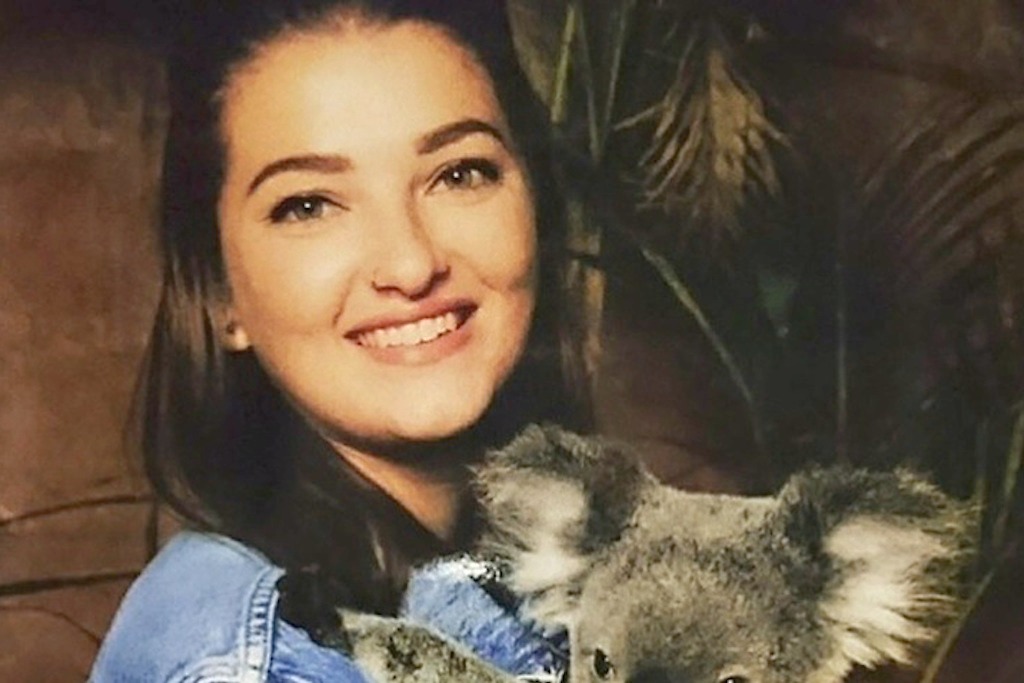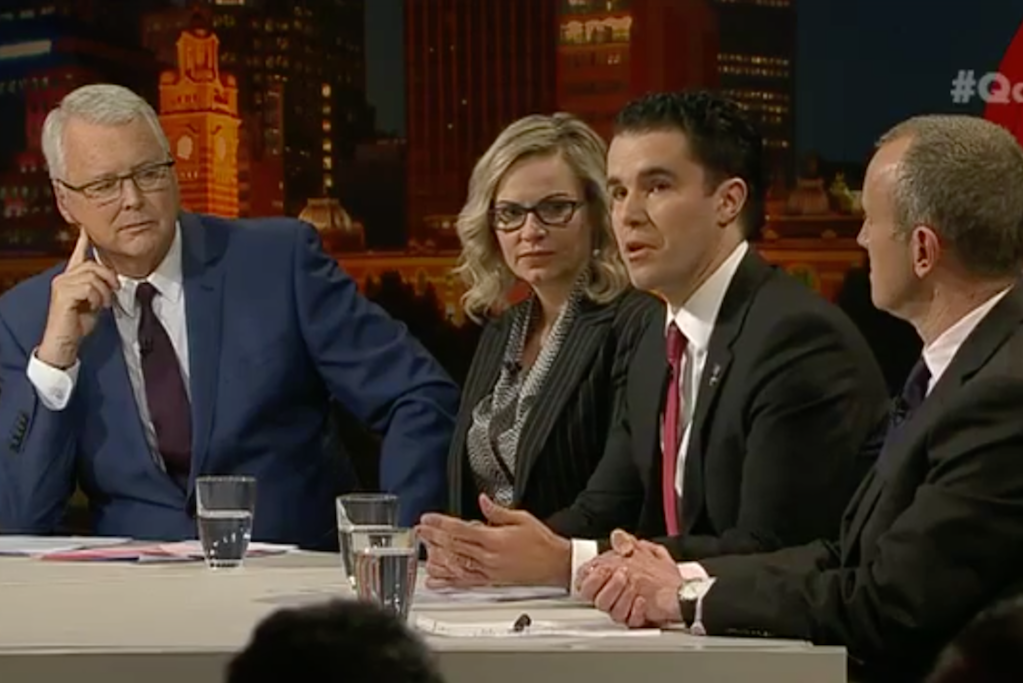It’s 2018, And We’re Still Calling The Men Who Kill Their Partners ‘Good Guys’
How is this still happening?

This article discusses domestic violence.
—
Some time before the afternoon of Friday January 12, 22-year-old Amelia Blake was murdered by her boyfriend in a Sydney flat.
Police have not released her cause of death, but others have reported that her body was “covered in injuries,” including to her head. Her murderer, 33-year-old Brazil Gurung, killed himself after taking Amelia’s life. I say ‘some time before Friday January 12’ because we don’t know exactly when Amelia was killed, only the day her body was found.
Amelia Blake was an English backpacker on a working holiday in Australia. She’d spent three months on a citrus farm in Victoria before coming to Sydney, but was planning to leave the country for Vietnam soon. She has been described by friends as the “nicest girl you’d ever meet,” as “amazing” and “warm-hearted” and, by her parents, as a “beautiful girl”.
But if you spent this weekend reading about the case in the media, you’d probably know more about the man behind her death than the woman he killed. According to quotes published by News Corp, Brazil Gurung was “not a bad guy”. A friend of Gurung’s interviewed by the publication said that “what he did was wrong, but there might have been some reasons behind it”. The Daily Telegraph described him as “kind” and “gentle”, while the ABC reported him to be “polite” and a “model employee”. According to the Daily Mail, Gurung “really did love” Blake, despite murdering her.
If that sounds familiar, it’s because we’ve heard this story many times before.
Wow @newscomauHQ you manage to cover everything that is revolting in how media reports on men who kill women. #FixedIt
FixedIt: how NOT to report on a man who murdered a woman https://t.co/IvQiD6Diu7 pic.twitter.com/FjEXbnw6Iu
— Jane Gilmore (@JaneTribune) January 19, 2018
The Damaged Man
The phenomenon of the media painting men who kill their partners and family as “not bad guys” is nothing new. It’s something we’ve already been talking about for years.
Clementine Ford calls it the Damaged Man narrative — the idea that stress pushed the killers to breaking point and that their actions, no matter how reprehensible, can be reasoned and explained. Men who kill the ones they love aren’t monsters, just good blokes who eventually “snap”.
Last year, brothers Ryan and Luke Hart spoke out against the UK media for painting a sympathetic portrait of their father after he killed their mother and sister in broad daylight. The Hart brothers described their father as a “tyrant” and a “terrorist living in our own home”. The media wrote about how Lance Hart was “upset” about the breakdown of his marriage and called the murder “understandable”.
Here in Australia, after Geoff Hunt shot and killed his wife and three children before turning the gun on himself on the family’s farm outside Wagga Wagga, he was written up as “the most gentle, considerate bloke”. The case was frequently framed as if it was a misfortune that had struck all five family members at once, not a murder case with one perpetrator and four victims. It was a “family tragedy” and Geoff Hunt was a man to be pitied, not reviled.
In the case of Brazil Gurung, the narrative is that he was a man with mounting debts, a drug problem and a failed marriage, who had become “passionately angry” when he learned that Amelia planned to leave the country and, presumably, him.
One Step Forward, Two Steps Back
The past few years have seen a marked shift in Australia’s relationship with domestic violence. Thanks in part to the work of campaigners like Rosie Batty, we’ve started to move domestic and family violence out of the shadows and into the spotlight.
Reports about domestic violence have been given primetime media spots, the Victorian government has invested more than $130 million in services for domestic violence and, on the world stage, we’ve watched Our Nicole call out the “insidious disease” that is domestic violence in her Emmy Awards acceptance speech. The Guardian spent 2015 tallying Australia’s domestic violence deaths; Destroy The Joint counted 49 women killed by their partners in 2017.
Again, and again, and again, we’ve talked about how problematic it is to perpetuate The Damaged Man myth. But Australia’s media is still getting it wrong.
49.
49 too many.
RIPhttps://t.co/ywDbY904zJ#CountingDeadWomen pic.twitter.com/sXHEg8HDge
— Destroy The Joint (@JointDestroyer) January 1, 2018
Brazil Gurung isn’t a good bloke. There are no reasons for what he did that are worth considering, and it doesn’t matter if he’d been “kind” to other people or shown up to work on time. It doesn’t matter because Amelia Blake was a real person, with a life outside her relationship and a future she’d worked and planned for. As of last week, her parents were on the way to Australia to take their daughter’s body home.
Amelia’s Instagram account is still up and while her photos are private, the bio she wrote for it remains public. “I see my path but I don’t know where it leads. Not knowing where I’m going is what inspires me to travel it,” it reads.
We know, now, where her path ended, and we know who’s responsible. Let’s not make excuses for her killer.
—
Katie Cunningham is the incoming Features Editor at Junkee. She is on Twitter.
